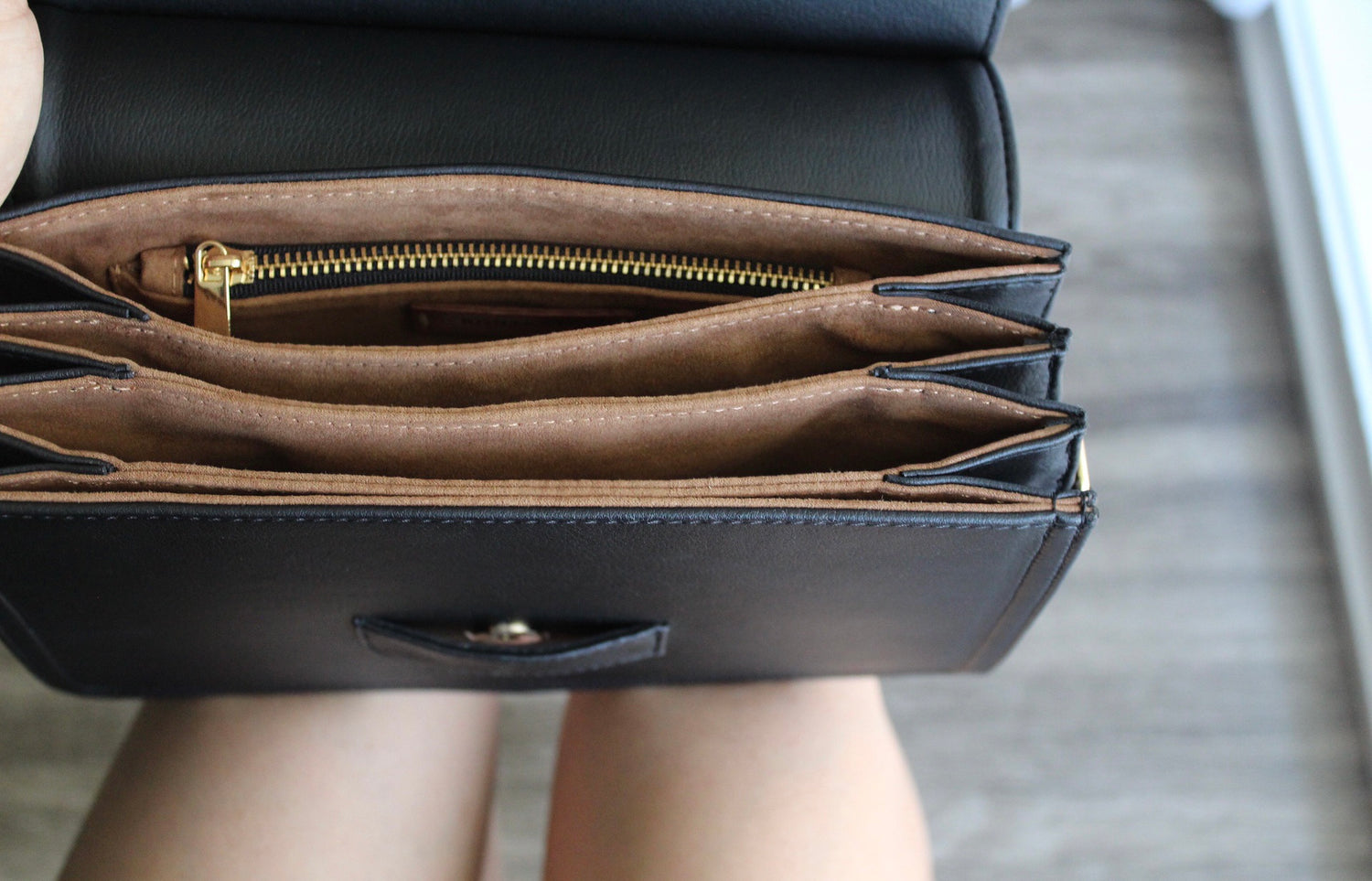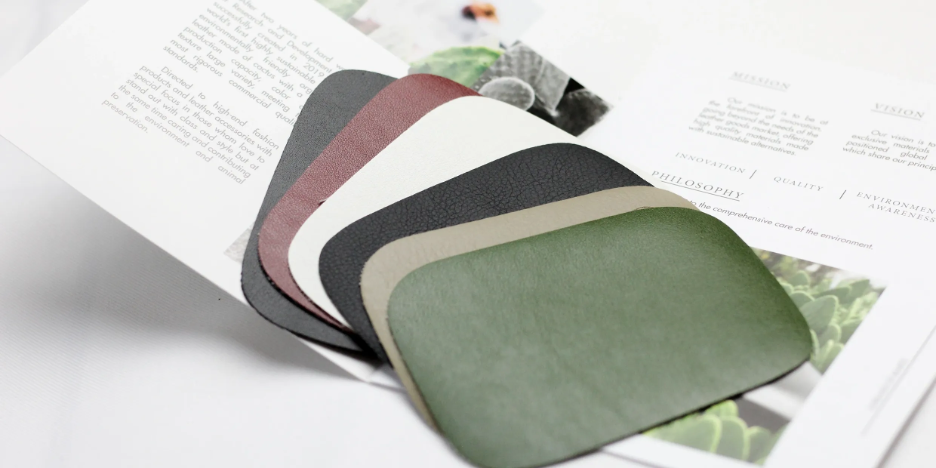
About us
Being aware and conscious about the actions we can take and our responsibility to take care of our planet, BONAGAVE was created to offer handbags and accessories made from cruelty-free and eco-friendly materials.
While providing quality products, exceptional service, and a unique shopping experience, at BONAGAVE we use vegan plant-based materials that are highly sustainable and partially biodegradable.
We are a Canadian company with a global eco-responsibility.
Our values
-

Eco-conscious
We are aware and conscious of the impact of our actions, and we choose to act in an environmentally friendly way.
-

Passion
Committed in heart and mind, we love WHAT we do, and we love WHY we do it.
-

Quality
We maintain rigorous standards in all our areas to provide high-quality products and excellent customer service.
-

Teamwork
We create better when we work together.
-
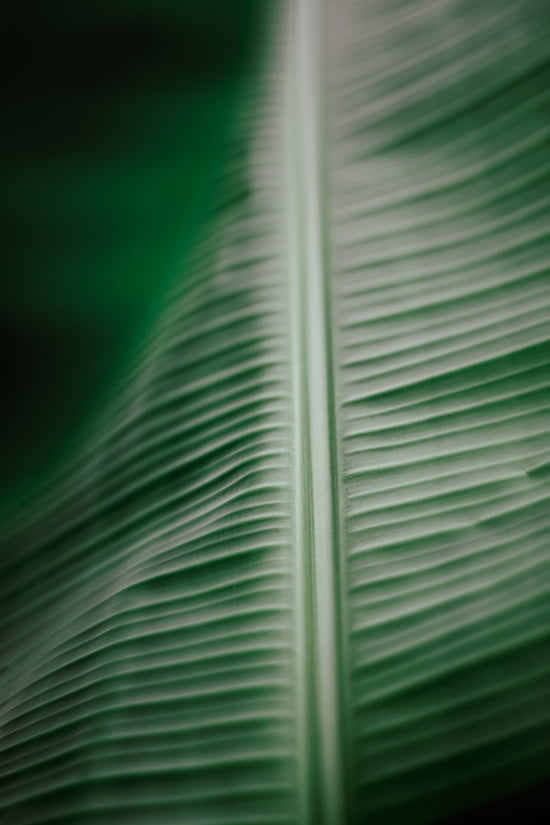
ORGANIC
-
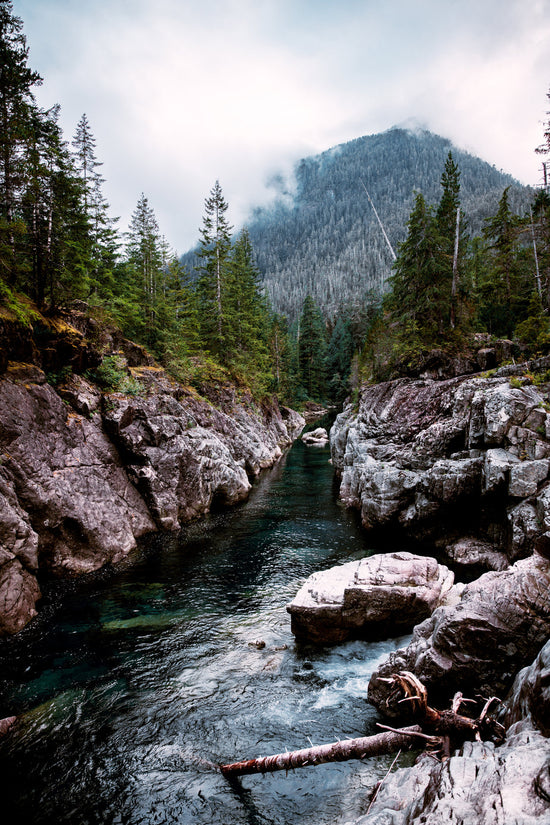
ECO-FRIENDLY
-
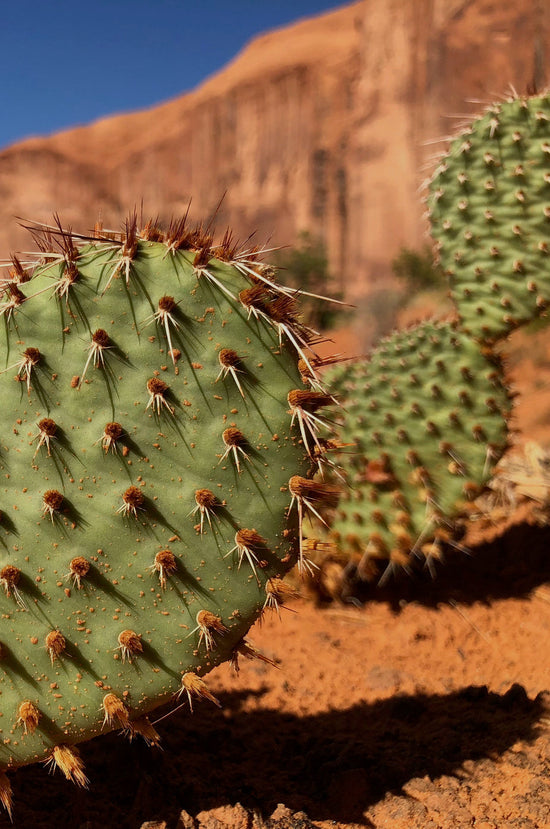
SUSTAINABLE
-
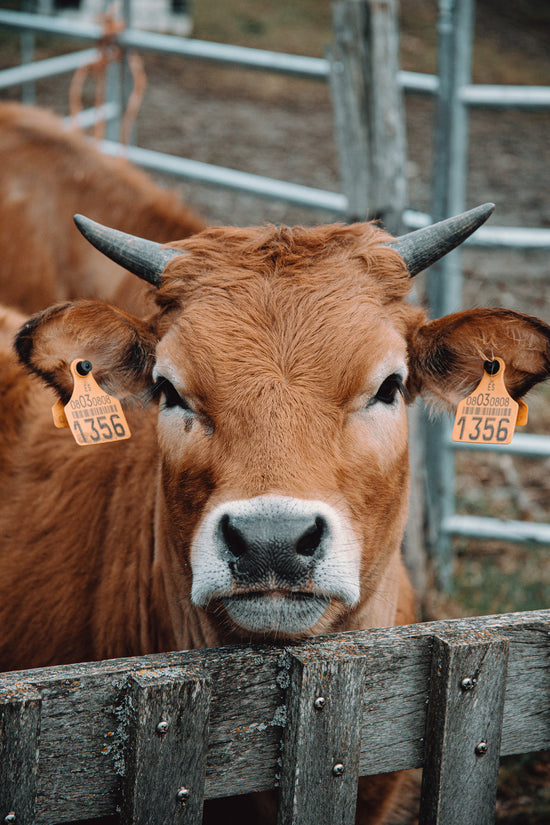
CRUELTY-FREE
- Live. Love. Reduce. Reuse. Recycle. -
- Vivre. Aimer. Réduire. Réutiliser. Recycler. -
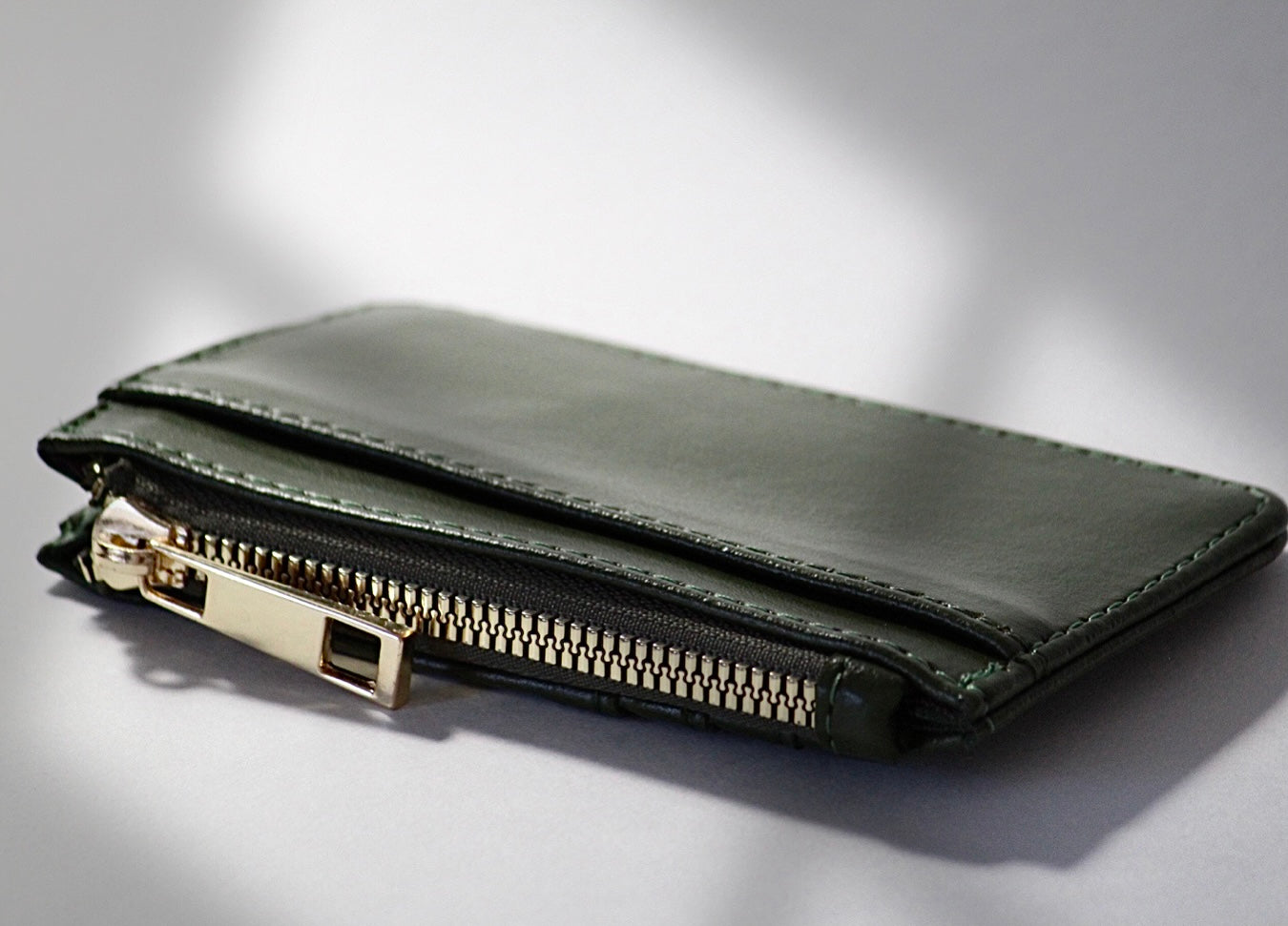
Our vegan material
Unlike other vegan brands that offer handbags and accessories made from synthetic leather, synthetic leather is usually made of PU (Polyurethane) or PVC (Polyvinyl chloride) which is not biodegradable and produce a lot of pollution, at BONAGAVE we choose to use a vegan plant-based material that is sustainable and partially biodegradable: Cactus Leather
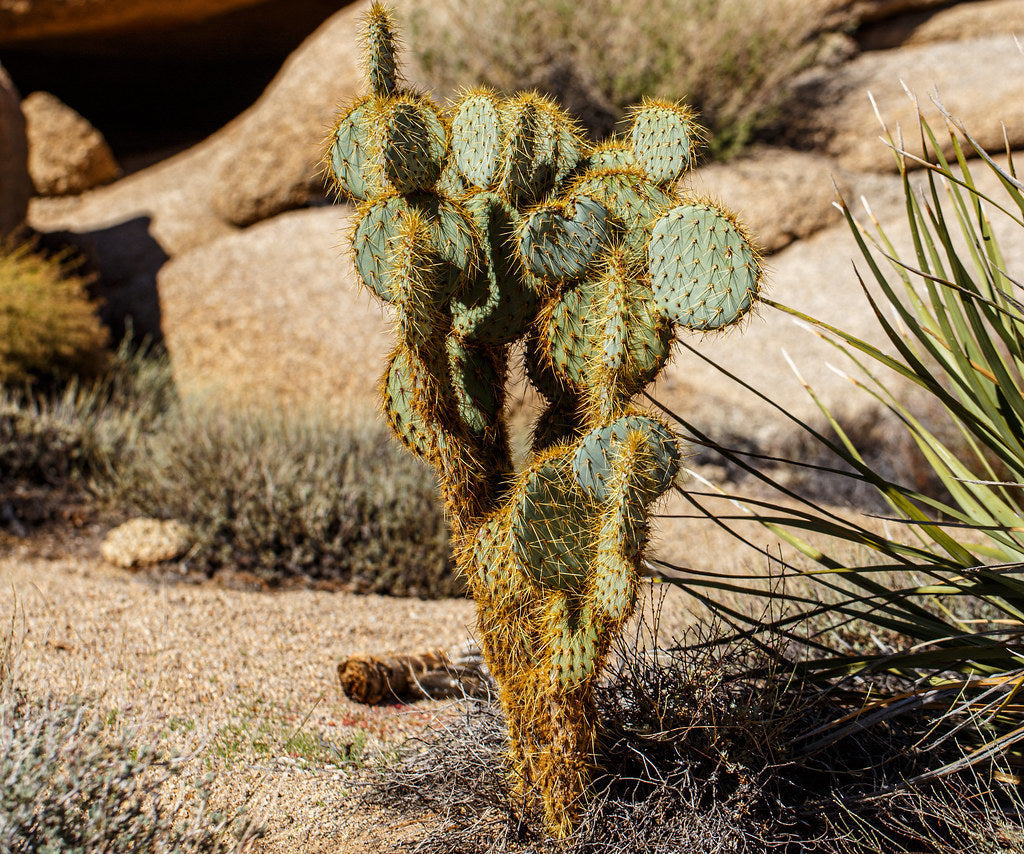
Cactus leather
It is a highly sustainable and environmentally friendly organic material made of Nopal (a type of cactus), also known as the prickly pear.
Engineered by DESSERTO® in Mexico, they have a ranch where they grow their own raw material: cactus. The cactus plantation is perennial, meaning that they only plant one time and the plantation last for about 8 years. They select and cut only the mature leaves of the plant without damaging the cactus itself, so every 6-8 months they will have a new harvest.
The cactus species harnessed for the material is native to the region, matching biodiversity and blending with wild flora. There is no harm to the biodiversity, their ranch is fully organic, so there are no herbicides nor pesticides used. All the remaining organic cactus material not used in their process is exported and sold nationally in the food industry.
Also, they do not use an irrigation system for the cactus, it grows with rain water and the earth minerals, resulting in a huge water savings.
DESSERTO® has been recently awarded by PETA for the Ethical Treatment of Animals, while protecting the environment.
Why to choose cactus leather?
-
1. 100% ORGANIC PLANTATION: The cactus plantation is fully organic with no herbicides and pesticides used and no harm to biodiversity.
2. IT IS HIGHLY SUSTAINABLE: Huge savings in water as no irrigation is applied, the cactus plantation only requires small amount of rainwater and earth minerals. Also, it saves a lot of energy by drying the cactus leaves in a solarium.
3. PREMIUM VEGAN LEATHER: Cruelty-free and standing out for its low ecological footprint, great softness at touch, and durability.
Early Life Cycle Assessment
-
Energy used
CED (MJ) CUMULATIVE ENERGY DEMAND
Key Results - Cradle to gate (per m2 leather)
-
Cactus leather 34.33
Animal leather 335.84
Synthetic leather (PU) 2.93
-
Greenhouse gas
GHG CARBON (KGCO2EQ.)
Key Results - Cradle to gate (per m2 leather)
-
Cactus leather 1.39
Animal leather 27.30
Synthetic leather (PU) 4.81
-
Greenhouse gas with waste incineration
GHG CARBON WITH WASTE INCINERATION (KGCO2EQ.)
Key Results - Cradle to gate (per m2 leather)
-
Cactus leather 1.80
Animal leather 27.30
Synthetic leather (PU) 5.85
-
Aquatic ecosystems damage
EUTROPHICATION (KGPO4 3-EQ.)
Key Results - Cradle to gate (per m2 leather)
-
Cactus leather 0.0005
Animal leather 0.0030
Synthetic leather (PU) 0.0031
-
Water used
WATER USE (M3)
Key Results - Cradle to gate (per m2 leather)
-
Cactus leather 0.02
Animal leather 32.95
Synthetic leather (PU) 2.93
-
Carbon farming
(CO2) CARBON NEGATIVE FARMING
-
In only 14 acres of organic cactus plantations, it can be absorb 8,100 tons of CO2 per year, while at the farm it is only generate 15.30 tons of CO2 annually.
-
The early stage LCA follows the ISO 14040 and 14044 LCA guidelines. These results are based on early-stage life cycle analysis conducted on Desserto® products following life cycle analysis related ISO guidelines (14040 and 14044).
-
These results are based on preliminary data and estimates for manufacturing process and materials in the relevant supply chains. These results are meant to provide an understanding of potential sustainability related impacts/benefits of the product based on life cycle impact assessment principles.









